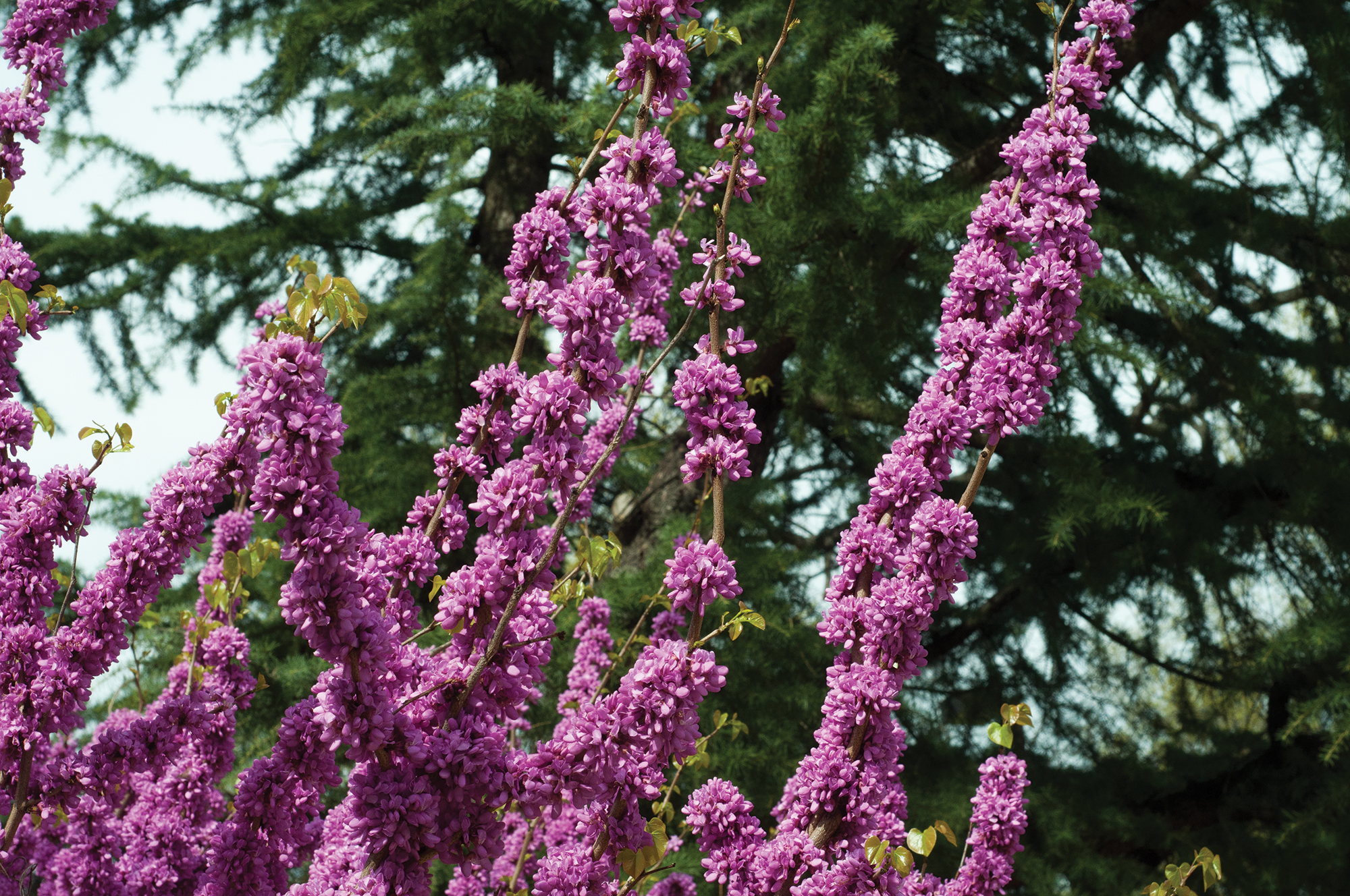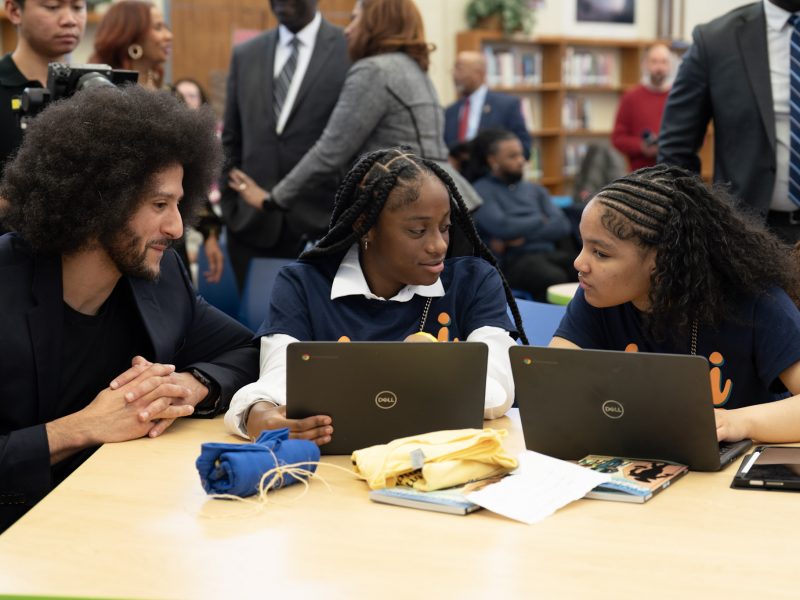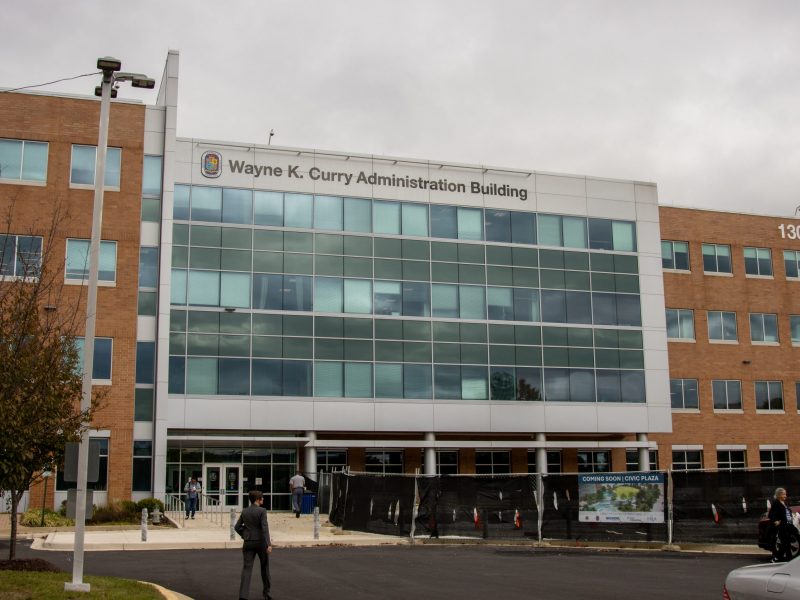The College Park City-University Partnership announced a plan to build a community garden in Calvert Hills in its annual report released on March 22, pending an agreement between the Washington Metropolitan Area Transit Authority and College Park.
The garden, which would be large enough for at least 20 users, is slated to be built on land owned by WMATA in Calvert Hills, just south of Albion Road, District 3 Councilwoman Stephanie Stullich said. She noted there is no agreement yet, but that the city made the case to the WMATA that the garden would not harm their property.
“I think WMATA had concerns about their property being used by somebody else, for something else,” Stullich said.
For the city to move forward with the community garden, District 3 Councilman Robert Day said WMATA must sign off on the agreement. A response is expected in the upcoming weeks, said Eric Olson, CPCUP’s executive director.
“[WMATA] is a huge organization, and they definitely take their time in doing things the right way,” Day said, adding that those supporting the garden are waiting eagerly for CPCUP to get back to them with the green light for the project.
Construction of a Calvert Hills community garden would closely follow the garden built in Old Town last year. When the city conducted a survey to gauge interest in community gardens, Calvert Hills residents expressed the most interest, Stullich said. Anyone interested, including students, would be able to grow their own produce in the Calvert Hills garden, which would hopefully be in progress beginning this spring, Stullich said.
Ann Rowe, a Calvert Hills resident, said a community garden serves as another way for people with common interests to meet casually, and would also help her continue to stay away from processed food sold in grocery stores. Rowe would be able to grow her own fresh and organic produce in the Calvert Hills community garden instead of going to Prince George’s County supermarkets, which typically have poor-quality produce, she said.
“I think it’ll be fun — that’s why we’re doing it,” she said. “And it’s nice to have the fresh vegetables … I think we’re mainly doing it as a social opportunity.”
The community garden is part of an ongoing Green Team initiative to make College Park more sustainable, Stullich said, and part of that is because people with home gardens are less likely to use pesticides.
“If people are able to grow some of their own food, that food is not going to be shipped hundreds of miles,” Stullich said.
She noted the garden would be secure so that non-participating people can’t take the produce that residents grow.
“It can be a community-building activity because people participating in the garden are out there and working alongside their neighbors,” she said.



